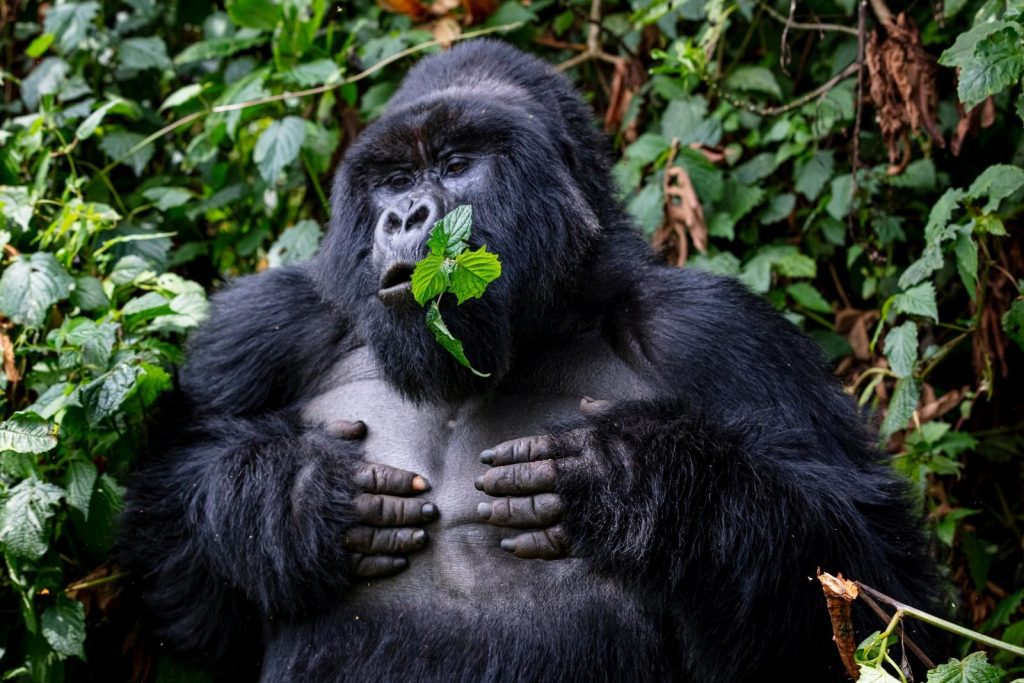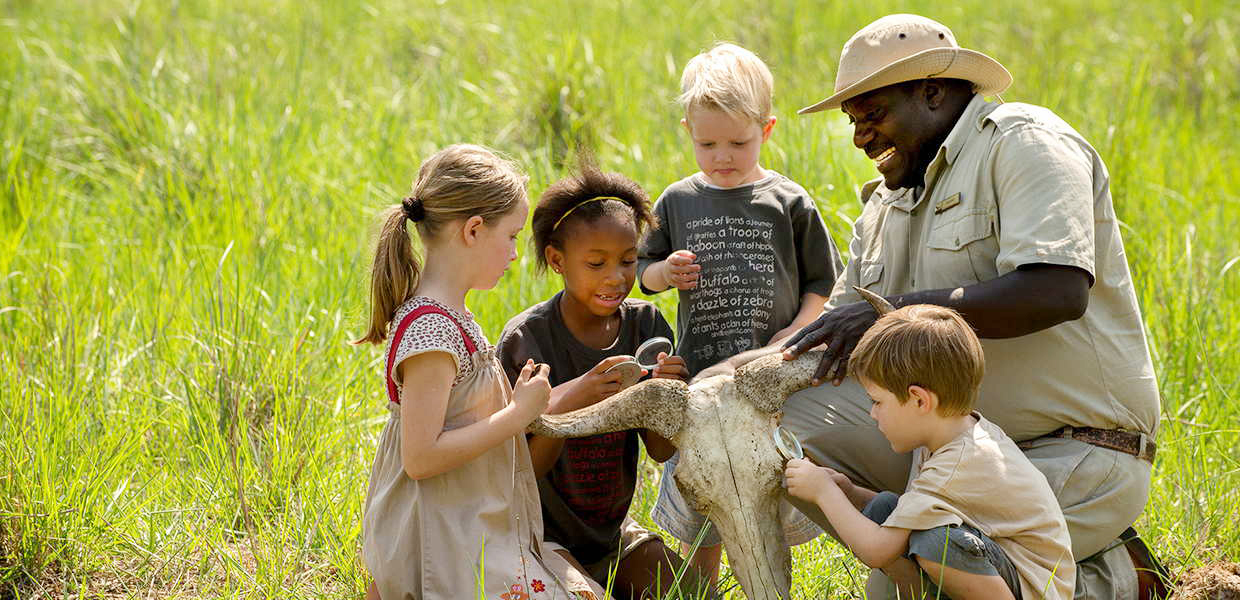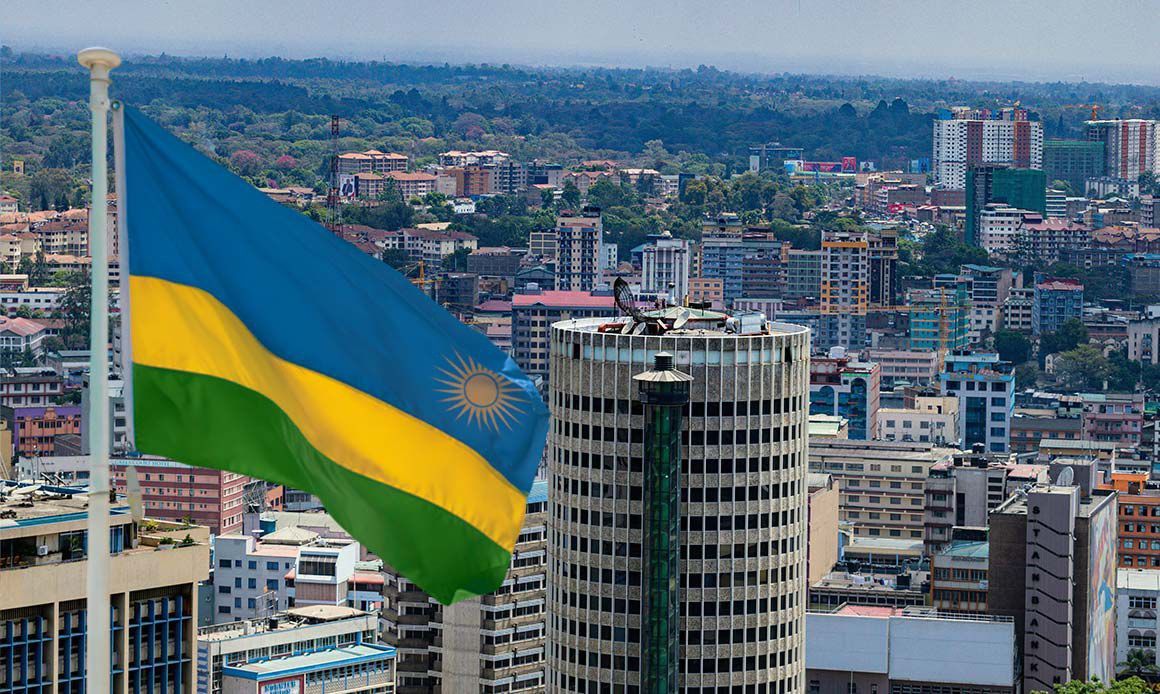
Cultural sites in Rwanda: Explore Rwanda’s Vibrant Traditions Through Its Cultural Sites.
Cultural sites in Rwanda: Since the beginning of time, Rwanda, the heart of Africa, has been one community with a diversity of traditions that set it apart from other African societies. The people of Rwanda were pastoralists, potters, and slightly agriculturalists. What sets them apart is their attire and the fact that they always carry a stick. Their dynamic and expressive ethnic dances are excellent value for the time of tourists. Rwanda is home to several cultural venues that support the celebration of its diverse cultures. An overview of Rwandan culture can be obtained by tourists who visit the cultural places.
Cultural sites in Rwanda.

Iby’iwacu Cultural Village: Iby’iwacu Cultural Village is nestled in the Musanze area, close to Volcanoes National Park.
This revolutionary cultural attraction gives guests a unique and immersive look into daily rural Rwandan living.
It showcases colourful handicrafts, theatrical storytelling, and captivating dances, among other dynamic traditional practices.
It also offers an insight into the everyday social interactions with the communities nearby.

Nyanza King’s Palace: Constructed in 1897 by the British colonial authority, this impressive King’s palace was later reconstructed in 1932 by the Nyanza monarch.
Today, when it comes to tourism, his contemporary home and restored palace are well-known destinations.
The palace is situated in Nyanza Town, Rwanda, north of the Butare Ethnographic Museum.
Up until the turbulent late 19th century, the ancestral Rwandan monarchy resided at this cultural place. It provides a clearer understanding of the pre-colonial Rwandan monarchs’ way of life and their interconnected customs.

Butare Ethnographic Museum: It is also known as the National Museum of Rwanda. The cultural museum has an amazing collection of early 19th-century artefacts, baroque paintings, and monochrome historical treasures that show the rich history and diversity of Rwanda’s various cultures.
A portion of these artefacts are bought by travellers as remembrance of their trips in Rwanda.
A trip to the museum gives tourists the chance to view outstanding displays of artistic photography and interact with some of Rwanda’s most well-known artists. They are able to sketch portraits of guests, which enhances their trips even more.
Kigali Genocide Memorial:
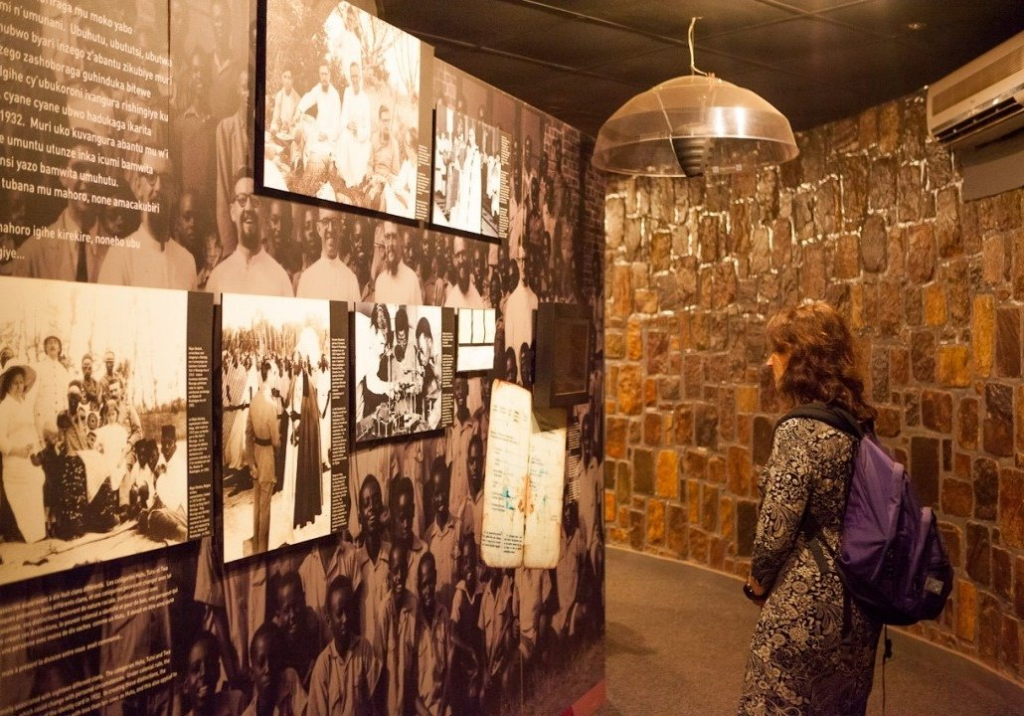
From Kigali International Airport, the monument is around 9 kilometres away. A bus ticket to the spot costs about $2. This sacred and elegant museum honours the many innocent souls that were lost in the horrific and unforgettable genocide of 1994.
Additionally, it helps provide educational materials and engaging exhibits that serve as monuments to the departed victims and document the terrible events.
Museum visits improve the lives of the orphans because part of the revenue from there go to the orphanages that care for them.

Rwanda Art Museum: The museum is positioned in Kanombe, Kigali’s city centre. It displays classic Rwandan art pieces created by the best artists of all time.
It also promotes local artists who are incredibly brilliant and capable of competing on a worldwide level.
The museum is a great contribution towards Rwanda’s cultural development.
Kandt House Museum of Natural History:
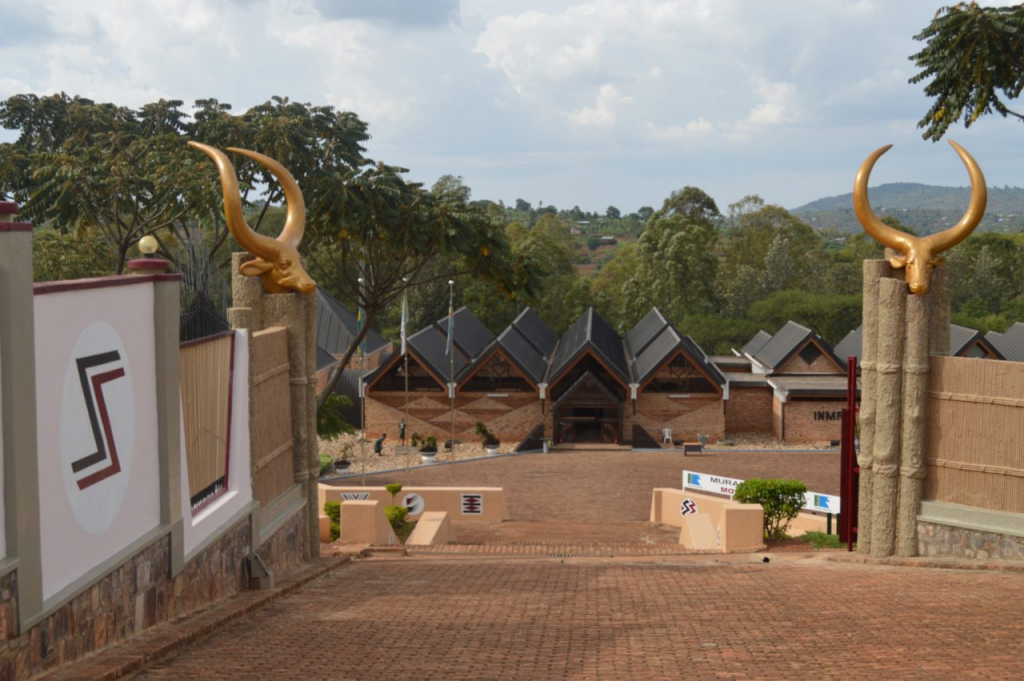
Previously known as the Natural History Museum, this magnificent museum lies in Nyarugenge – a Kigali suburb. It’s named Kandt in honour of the German explorer Richard Kandt.
Furthermore, this dynamic museum provides extensive knowledge about Rwanda’s remarkable natural history, geology, and biodiversity. Because of this, it’s a really an interesting place for both scientists and nature lovers to visit. This museum offers a variety of activities as well as an understanding of Rwanda’s history and the origins of its distinctive physical features, especially its volcanoes. Above all, the information is offered by researchers and seasoned, licensed tour guides.
How much it costs to visit these cultural site.
The entrance price for visiting the cultural sites is $12 for adult non-residents. Adult locals pay $10, and $6 for international students. This amount is non-negotiable. Adult East African students pay 3000 Rwandan francs, which is also the same price for the Economic Commission of the Great Lakes Countries. East African citizens who are students on the other hand pay 500 Rwandan francs.
The fee also covers the services of a qualified tour guide who will accompany you while you explore the cultural places, providing you with all the necessary information and explanations.
If you are a cultural tourism enthusiast, this must be good news for you. For an opportunity to take on tours to these cultural sites, send in your inquiry and we’ll be glad to help. Alternatively, you may contact us directly at +256 393 247 137 / +256 742 678 918. Or email us at info@ibuthsafaris.com as you will certainly speak to our Tour Consultant.

